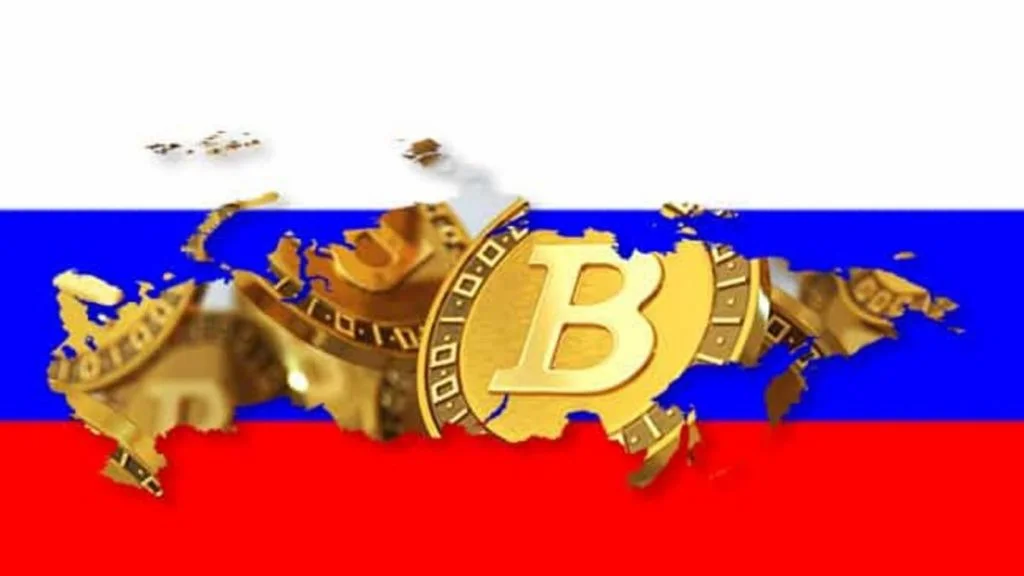The Russian Ministry of Finance has completed a bill regulating crypto payments in the country, The bill may offer residents and crypto investors in Russia much-needed clarification on digital assets and mining.

The document, titled “On Digital Current,” looks at previously uncharted issues of Russian regulation for this new asset class, according to local news outlet Kommersant. A local news website got the document, which was later validated by two independent sources.
The classification of digital money, the legal framework for its issuance and legal circulation in Russia, certificates, trade, and more are among these considerations. Russian organizations will need to be granted licenses to trade cryptocurrencies, according to Kommersant, and will have to go through a stringent identification process. According to the local press:
According to the draft law, digital currency can be accepted as a means of payment that is not the monetary unit of the Russian Federation, as well as an investment, while there must be no obligated person in relation to it.
To offer their services in Russia, crypto platforms will have to meet a minimum capital requirement. For exchange operators, this sum is roughly $40,000, while for digital trading platforms, it is over $100,000.
To keep in compliance with Russian rules, these businesses will need to adopt a “stringent” process that includes the creation of independent units, annual reports, internal control and audits, and comprehensive registrations on specialized entities for Anti-Money Laundering (AML), among other things.
In this respect, if a crypto exchange wished to operate from the ground in Russia, it would need to finish this process and obtain a license from a Russian government-appointed “approved organization.” Furthermore, exchanges will be required to maintain rigorous control over their consumers’ data.
Russian citizens, on the other hand, are permitted to trade cryptocurrencies on international exchanges. Russian regulators appear to assume that their Know Your Customer (KYC) protocols are sufficient to disclose information to local authorities. According to Andrey Tugarin, managing partner of law firm GMT Legal, the media outlet added:
It will be impossible to sell or buy digital currencies without passing identification. The operator will be able to deposit and withdraw fiat currencies only through banks using a bank account.
